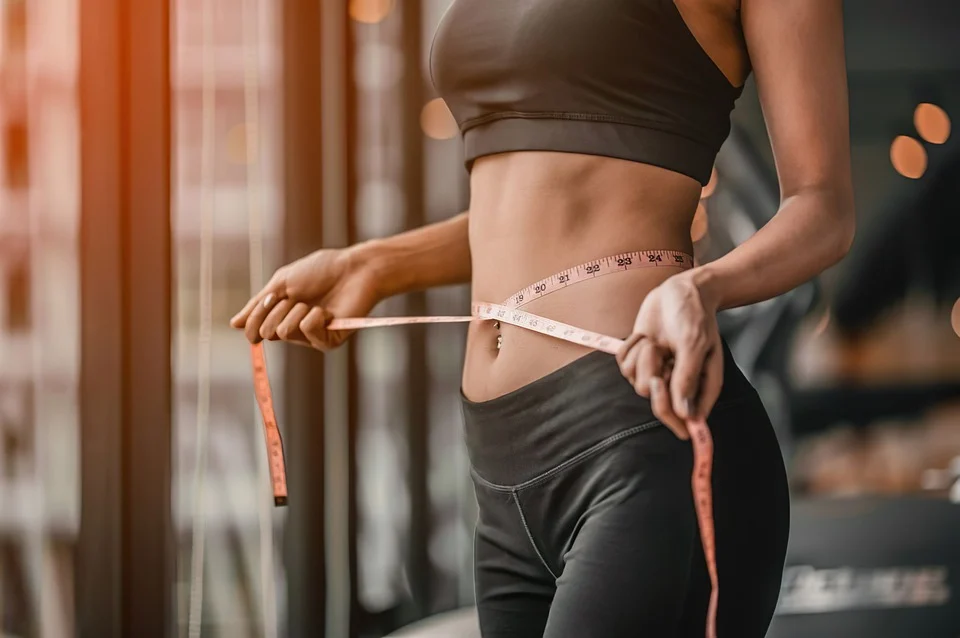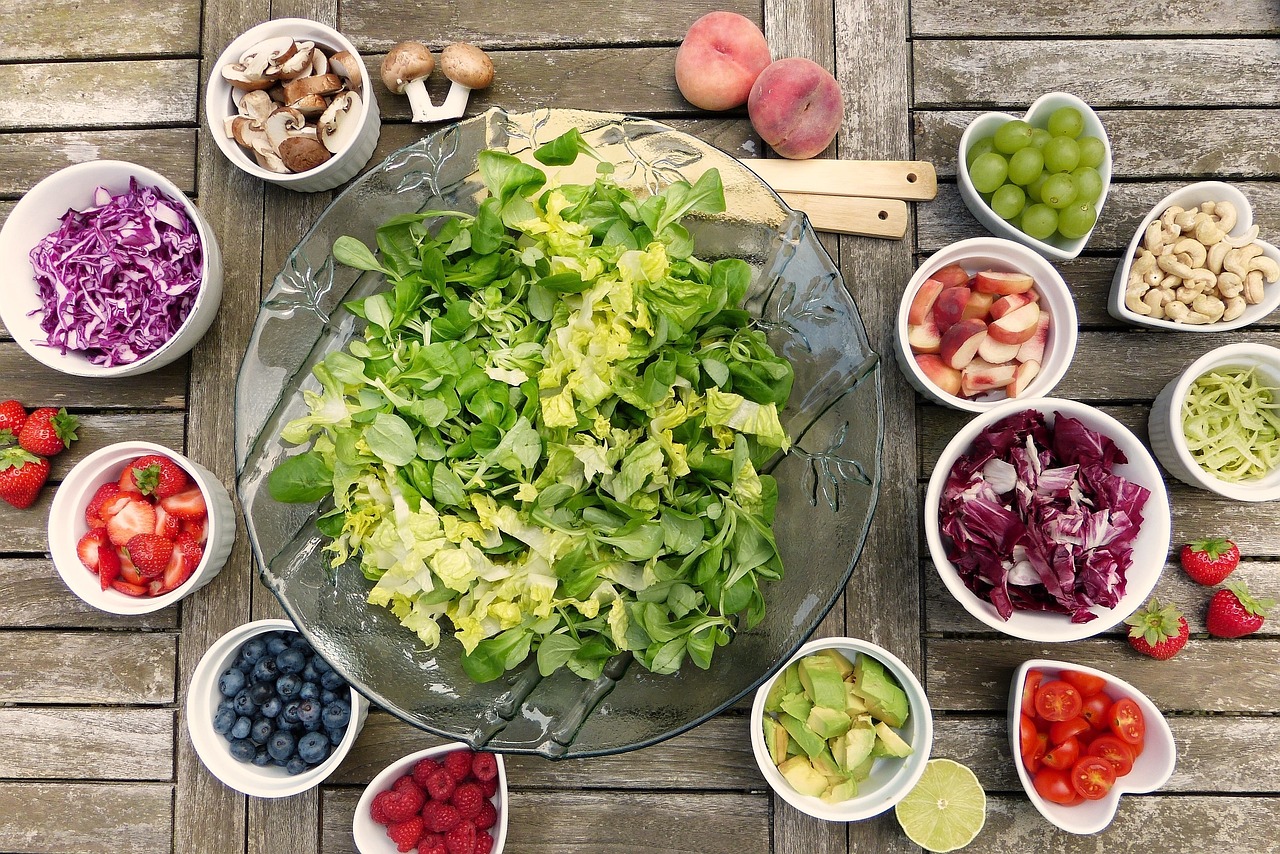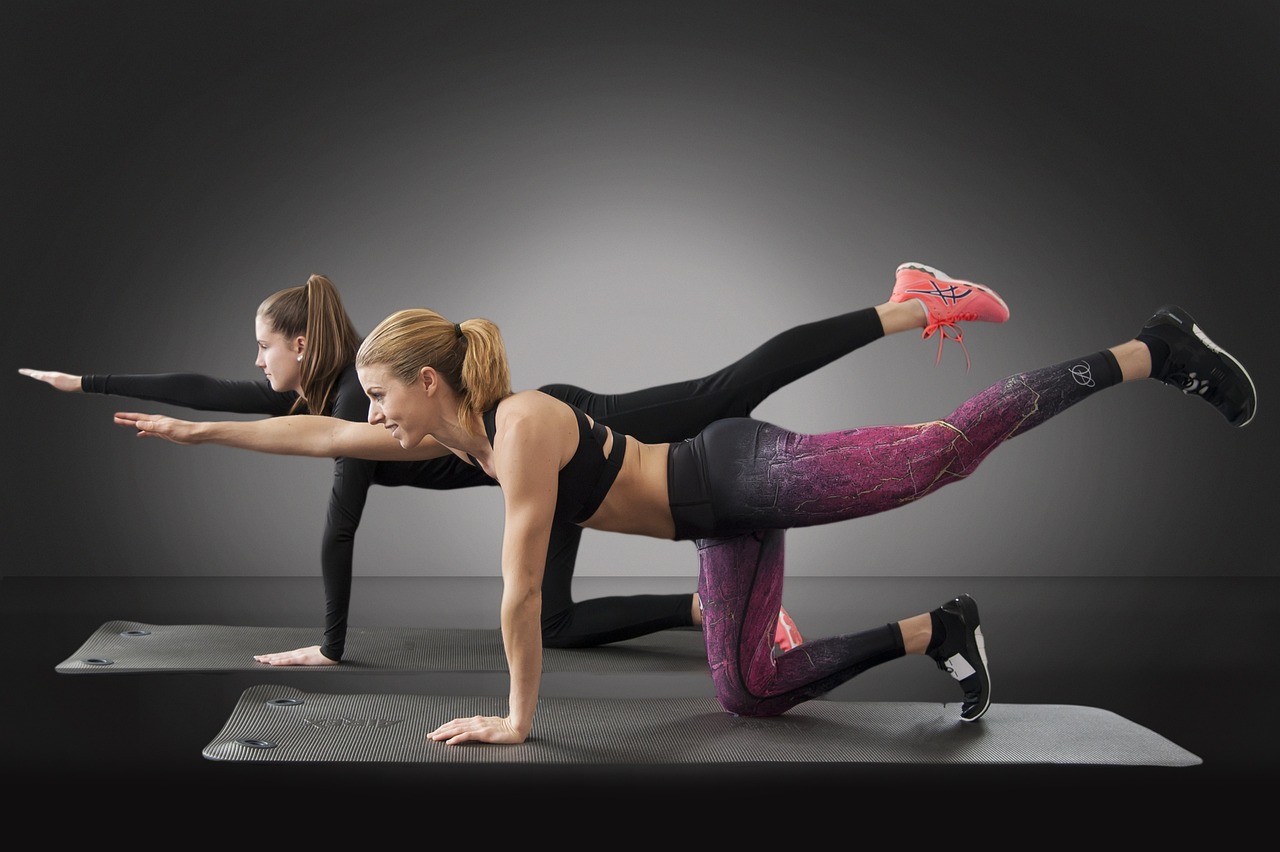In today’s fast-paced world, maintaining a healthy weight can be a challenge for both women and men. Whether you’re looking to shed those extra pounds for health reasons or to boost your confidence, having the ultimate weight loss diet plan for women and men is key to success. This comprehensive guide is designed to cater to the unique nutritional needs of both genders, offering a balanced approach that promotes sustainable, long-term results. In this blog, we will explore the best strategies, meal ideas, and essential tips to help you achieve your weight loss goals effectively and healthily. Let’s dive in and discover the path to a fitter, healthier you!

Understanding Weight Loss: The Foundation for Success
Embarking on a weight loss journey can feel overwhelming, but understanding the fundamental principles is empowering and can set you up for lasting success. At its core, weight loss is about achieving a delicate balance—consuming fewer calories than your body burns, creating a calorie deficit. This deficit forces your body to tap into stored fat for energy, leading to fat loss over time. But simply slashing calories is not enough.
To lose weight effectively and sustainably, it’s crucial to focus on nourishing your body, not depriving it. Drastic cuts in calories may lead to rapid initial results, but they can also sabotage long-term success, causing your metabolism to slow down and increasing the likelihood of weight regain. Instead of falling for quick fixes, understanding the science behind weight loss gives you the power to make smarter, healthier decisions.
A well-rounded weight loss diet plan involves more than just numbers—it takes into account the unique physiological needs of women, such as hormonal balance, energy levels, and muscle preservation. While achieving a calorie deficit is essential, fueling your body with nutrient-dense foods is equally important. Without adequate nutrition, you risk feeling fatigued, irritable, and even discouraged, which can cause you to abandon your efforts.
By combining the right nutrition, patience, and consistency, you can achieve transformative and lasting weight loss that not only reshapes your body but also boosts your confidence, mood, and overall well-being. Weight loss is a journey, not a race, and understanding these basics is your first step toward success.
Caloric Needs and Macros
Before diving into a diet plan, it’s essential to understand how many calories you should be consuming. This can vary depending on factors like age, height, current weight, activity level, and metabolic rate.
How to Calculate Caloric Needs
You can use a formula like the Basal Metabolic Rate (BMR) to estimate your daily caloric needs. Once you have your BMR, multiply it by your activity factor (sedentary, lightly active, moderately active, etc.) to get your Total Daily Energy Expenditure (TDEE).
From here, you can subtract 500–1000 calories from your TDEE to create a calorie deficit that promotes healthy weight loss.
Macronutrient Breakdown
Once you’ve calculated your calorie goal, it’s crucial to allocate those calories to macronutrients:
- Protein: 20–30% of daily calories (helps with muscle retention and satiety)
- Fats: 20–35% of daily calories (supports hormone function and absorption of vitamins)
- Carbohydrates: 45–65% of daily calories (primary energy source)
A balance of these macronutrients ensures that your body gets all the essential nutrients it needs while staying in a calorie deficit.
Sample Weight Loss Diet Plan for Women: Effective and Transformative Meal Guide
Here’s a 7-day sample meal plan designed for women aiming for weight loss. The meals are balanced, nutrient-dense, and designed to keep you full while staying within a calorie deficit.
Day 1
- Breakfast: Greek yogurt with mixed berries and chia seeds (approx. 300 calories)
- Lunch: Grilled chicken salad with avocado, cherry tomatoes, spinach, and olive oil (approx. 400 calories)
- Snack: Apple slices with almond butter (approx. 150 calories)
- Dinner: Baked salmon with quinoa and roasted vegetables (approx. 450 calories)
Day 2
- Breakfast: Oatmeal with banana, walnuts, and a drizzle of honey (approx. 350 calories)
- Lunch: Turkey and avocado wrap on a whole-grain tortilla (approx. 400 calories)
- Snack: Carrot sticks with hummus (approx. 150 calories)
- Dinner: Stir-fried tofu with mixed veggies and brown rice (approx. 450 calories)
Day 3
- Breakfast: Scrambled eggs with spinach, tomatoes, and feta cheese (approx. 300 calories)
- Lunch: Grilled shrimp salad with quinoa and a lemon vinaigrette (approx. 400 calories)
- Snack: Greek yogurt with honey and almonds (approx. 150 calories)
- Dinner: Lean beef stir-fry with vegetables and brown rice (approx. 450 calories)
Day 4
- Breakfast: Smoothie with protein powder, spinach, almond milk, and berries (approx. 300 calories)
- Lunch: Grilled chicken wrap with hummus and mixed veggies (approx. 400 calories)
- Snack: Cottage cheese with pineapple (approx. 150 calories)
- Dinner: Baked cod with roasted sweet potatoes and steamed broccoli (approx. 450 calories)
Day 5
- Breakfast: Avocado toast with poached eggs (approx. 350 calories)
- Lunch: Lentil and vegetable soup with a side of whole-grain bread (approx. 400 calories)
- Snack: Mixed nuts (approx. 150 calories)
- Dinner: Grilled turkey burger with a side salad (approx. 450 calories)
Day 6
- Breakfast: Smoothie bowl with mixed berries, granola, and chia seeds (approx. 300 calories)
- Lunch: Tuna salad with mixed greens, cucumber, and olive oil dressing (approx. 400 calories)
- Snack: Celery sticks with peanut butter (approx. 150 calories)
- Dinner: Chicken stir-fry with veggies and quinoa (approx. 450 calories)
Day 7
- Breakfast: Scrambled eggs with mushrooms, onions, and whole-grain toast (approx. 350 calories)
- Lunch: Grilled salmon salad with mixed greens, cherry tomatoes, and avocado (approx. 400 calories)
- Snack: Cottage cheese with mixed berries (approx. 150 calories)
- Dinner: Baked chicken breast with steamed veggies and brown rice (approx. 450 calories).
Key Foods to Include in Your Diet
When designing your weight loss meal plan, include these nutrient-dense foods to promote satiety, muscle retention, and overall well-being:
- Lean Proteins: Chicken, turkey, tofu, beans, lentils, fish, and low-fat dairy products.
- Whole Grains: Quinoa, brown rice, oats, and whole-grain bread and pasta.
- Fruits and Vegetables: Aim for a variety of colorful fruits and vegetables to provide essential vitamins and minerals.
- Healthy Fats: Avocados, nuts, seeds, and olive oil are rich in healthy fats and help to keep you feeling full.
- High-Fiber Foods: Foods rich in fiber, like whole grains, beans, and leafy greens, help with digestion and fullness.

Proven Strategies for Attaining Weight Loss Success
- Stay Hydrated: Water plays a crucial role in weight loss, as it aids digestion and can help control hunger. Drinking a glass of water before meals may help reduce overeating.
- Portion Control: Even healthy foods can contribute to weight gain if eaten in large quantities. Pay attention to portion sizes, especially with calorie-dense foods like nuts and avocados.
- Mindful Eating: Practice mindful eating by paying attention to hunger cues and eating slowly. Avoid distractions like screens while eating.
- Meal Prep: Preparing your meals ahead of time ensures you have healthy options readily available and reduces the temptation to grab fast food or unhealthy snacks.
- Exercise: While diet is key to weight loss, combining it with regular exercise will help you burn calories and build lean muscle. Aim for a mix of strength training and cardiovascular exercises for the best results.
- Adequate Sleep: Getting enough sleep is often overlooked but is crucial for weight loss. Lack of sleep can lead to cravings, overeating, and lower energy levels, which can hinder progress.
Common Pitfalls and How to Conquer Them for Lasting Success
- Crash Dieting: Drastically cutting calories might lead to rapid weight loss in the short term, but it can result in muscle loss, nutrient deficiencies, and a slower metabolism in the long run.
- Skipping Meals: Skipping meals can lead to overeating later in the day. Instead, aim for regular, balanced meals to maintain energy and prevent cravings.
- Ignoring Protein: Protein is vital for maintaining muscle mass, especially during weight loss. Make sure every meal contains a good source of protein.
- Not Allowing Flexibility: Restrictive diets are difficult to sustain. Allow yourself some flexibility to enjoy your favorite foods in moderation to prevent feeling deprived.

Conclusion Of Ultimate Weight Loss Diet Plan for Women and Men
A well-rounded, balanced diet is key to sustainable weight loss for women and man. By focusing on whole foods, controlling portion sizes, and maintaining a moderate calorie deficit, you can lose weight in a healthy and effective way. Remember that consistency is key, and small, sustainable changes will lead to lasting results.